IBM Venture With China Stirs Concerns
IBM is running into Obama pressure to persuade Beijing to drop new measures that require American companies to hand over technology in exchange for market access.
IBM is running into Obama pressure to persuade Beijing to drop new measures that require American companies to hand over technology in exchange for market access.
Party officials in Guangdong, home to the 12-course Mission Hills Golf Club, are now forbidden to golf during work hours.
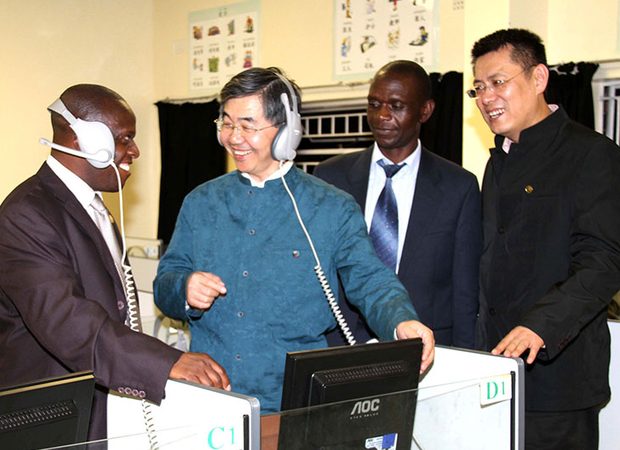
The Chinese government has spent billions of dollars in Africa on public diplomacy initiatives that are intended to improve the country’s image. Central to that strategy is the growing network of Confucius Institutes (CIs) spread across the...
Gao Yu vows to appeal her 7-yr sentence for allegedly leaking Document 9, revealing Party hostility to human rights.
Chinese journalist Gao Yu's seven year sentence again shows how Beijing authorities deal with critics of the regime.
China's new airstrips sit in a shipping lane through which $5 trillion of trade passes each year.
To ensure its survival, the Chinese Communist Party has decided that it must control the Internet.
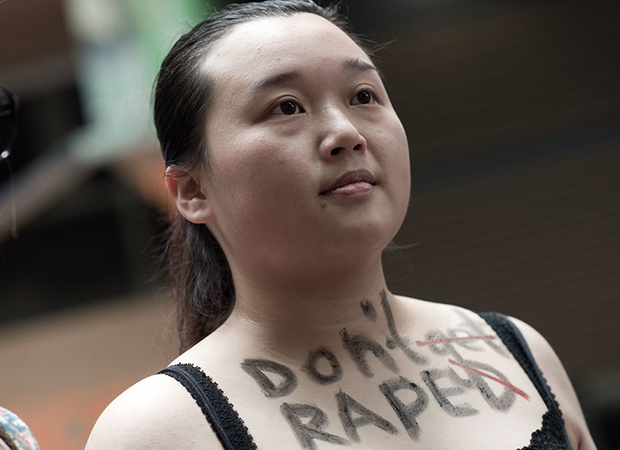
On April 13, Chinese authorities released on bail five feminist activists detained for over a month without formal charges...
It's unclear how she would manage two of America's most important and complex relationships.
China’s G.D.P. Slows to 7 Percent, the Weakest Rate Since 2009
“The underlying theme I heard when talking to people was that how you interpret things is how they will be, so its best to look at the bright side of things. You don’t mention bad dreams, or you try to interpret them in a positive way. People...

Warm, sunny Kunming brimmed with charm before Communist Party leader Qiu He brought an autocratic style of governance to town and spurred the urbanization campaign that preceded his downfall.
Today, this historic city in southwestern China...
The Department of Commerce emphasized Obama's commitment to fighting climate change through clean energy development.

Speaking at Asia Society New York on April 13 with New Yorker correspondent Evan Osnos, former U.S. Treasury Secretary Henry Paulson explained that it’s...
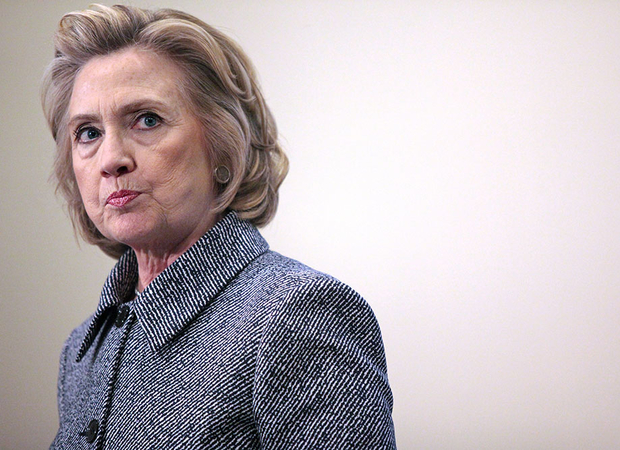
On the afternoon of April 12, Hillary Clinton announced her long-expected decision to run for president in 2016. Within hours, Chinese news sites shared the...
The move is designed to assuage Hong Kongers angry with mainlanders who buy up goods.
Police released five female activists detained after campaigning against sexual harassment on public transport.
China and the U.S. are boosting cooperation in sending home crime suspects amid a Chinese drive to ferret out corrupt officials and fugitives.
Paulson says the United States needs a clear-eyed, coordinated, consistent approach to the formidable challenge from China.

Xinjiang is one of those remote places whose frequent mention in the international press stymies true understanding. Home to China’s Uighur minority, this vast region of western China is mostly known for being in a state of...
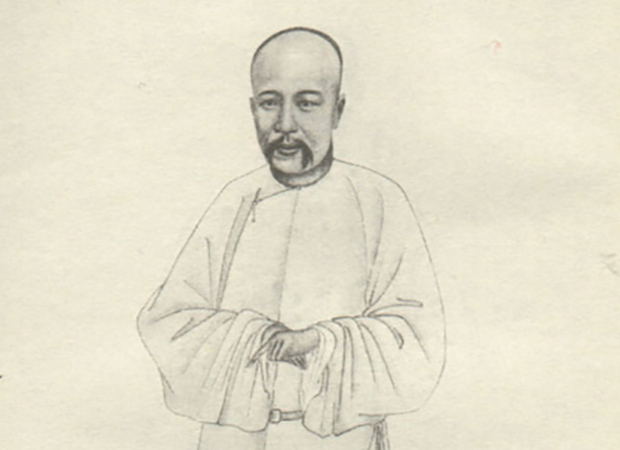
This year, the 43rd annual Hong Kong Arts Festival commissioned a chamber opera in three acts called Datong: The...
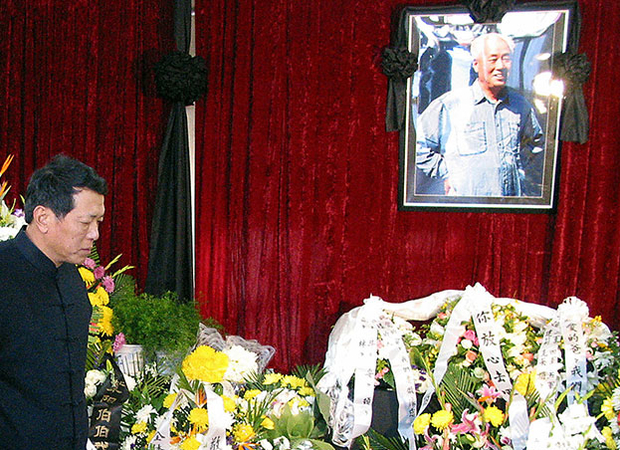
Zhao Ziyang, the premier and general secretary of the ruling Chinese Communist Party (CCP) in the 1980s, died on January 17, 2005. At a tightly...
CCTV is investigating a top presenters after he was caught calling Mao a “son of a bitch” at a private dinner.
China’s steel and metals markets, a barometer of the world’s second-biggest economy, are “a lot worse than you think.”
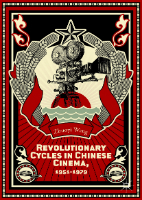
A comprehensive history of how the conflicts and balances of power in the Maoist revolutionary campaigns from 1951 to 1979 complicated and diversified the meanings of films, this book offers a discursive study of the development of early PRC cinema.
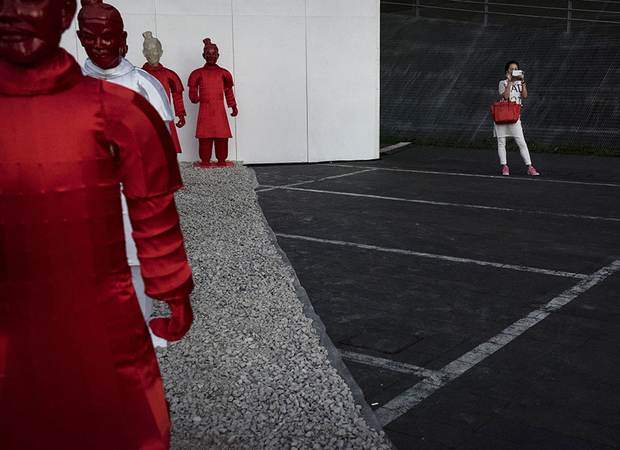
Kaiser Kuo and David Moser speak with Rogier Creemers, post-doctoral fellow at Oxford with a focus on Chinese Internet governance and author of the China Copyright and Media...
How Xi Jinping, an unremarkable provincial administrator, became China’s most authoritarian leader since Mao.
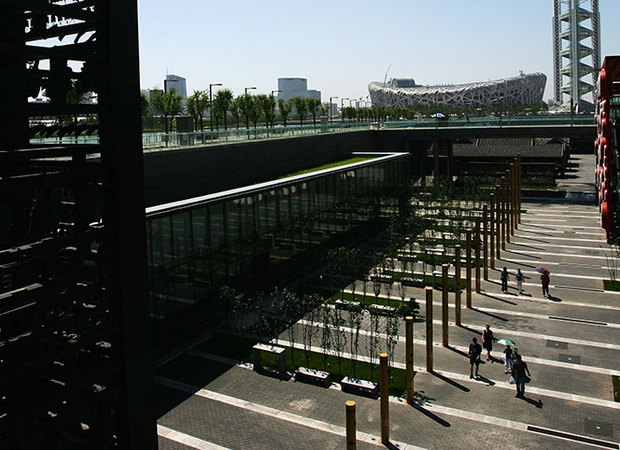
A recent business dispute between a state-owned technology conglomerate and a private property developer has put a low-profile but powerful businessman in the spotlight. The businessman is believed to have brought down a former Beijing deputy...
Chinese studios are moving up the value chain, helping to develop, design and produce world-class films and animated features.
Starting 10 years ago with $20 million from Yale’s endowment, Zhang was an early backer of Tencent and JD.com.
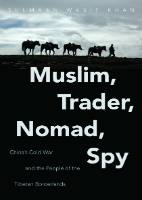
In 1959, the Dalai Lama fled Lhasa, leaving the People's Republic of China with a crisis on its Tibetan frontier. Sulmaan Wasif Khan tells the story of the PRC's response to that crisis and, in doing so, brings to life an extraordinary cast of characters: Chinese diplomats appalled by sky burials, Guomindang spies working with Tibetans in Nepal, traders carrying salt across the Himalayas, and Tibetan Muslims rioting in Lhasa.
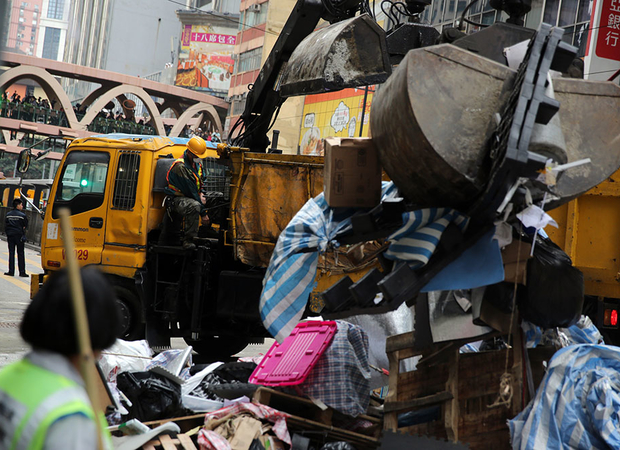
Following is the transcript of a recent ChinaFile Breakfast with Margaret Ng, the former Hong Kong legislator in discussion with Ira Belkin of New York University Law School and Orville Schell, ChinaFile Publisher and Arthur Ross...
The free app makes available Xi’s books including “The Governance of China.”
Taiwan’s legislative branch was never able to approve the application or review the evaluation reports and proposals.
Ou Shaokun, 61, gained prominence by advising Guangzhou petitioners protesting government land seizures.
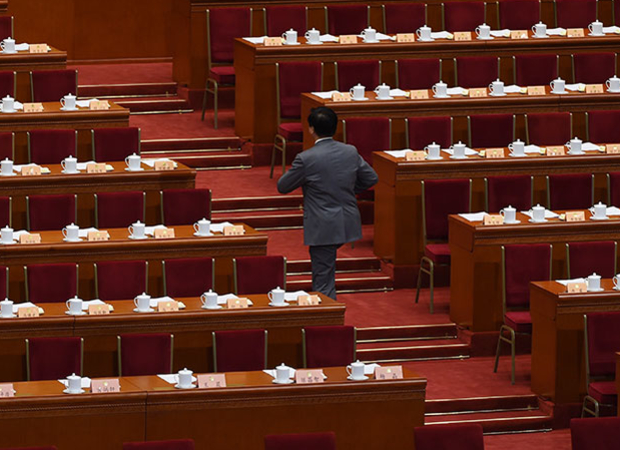
Respected China scholar David Shambaugh recently set off a firestorm among other China specialists when he predicted the collapse of China’s ruling Communist Party...
Is China’s increasingly powerful president angling to break tradition and extend his rule indefinitely?
US Admiral says competing territorial claims in the South China Sea are “increasing regional tensions and the potential for miscalculation."
China represents and will remain the most significant competitor to the United States for decades to come. As such, the need for a more coherent U.S. response to increasing Chinese power is long overdue. Because the American effort to “integrate...
We are, therefore, seeing the emergence of an asymmetric world in which the fulcrums of economic and military power are no longer co-located, but, in fact, are beginning to diverge significantly. Political power, through the agency of foreign...
To advance the rule of law China plans to name and shame officials who commonly interfere in judicial cases.
...
An article on a Muslim couple jailed for beard and burqa appeared Sunday in state media but was gone Monday.
Hijacking the computers of millions of innocent Internet users around the world shows China's disregard for Internet governance norms.
Chinese students complain that American students are misinformed, prejudiced and offensive on Chinese current events.
China faces increasing economic headwinds that call into question not only its near-term growth outlook but the longer-term sustainability of its economic success. At a time of leadership transition in Beijing, global markets and policymakers...
In recent attacks on sites that try to help Internet users in China circumvent censorship, the Great Firewall appears to have been used as a weapon.
At the center of these efforts is the new Asian Infrastructure Investment Bank and plans for pan-Asian infrastructure .

The government's 12th Five-Year Plan concludes this year, and work on drafting the 13th will begin soon.
Which way will China turn? In its work report to legislators at the National People's Congress meeting in March, the government...
China is reportedly proposing a compromise between Iran's insistence on an end to all UN sanctions and US desires for gradual relief.
China’s confessional politics of dominance.
Xi's speech, entitled, "Towards a Community of Common Destiny and A New Future for Asia"
The central bank chief's remarks follow China's weakest expansion since 1990.
Westerners are often criticized for looking at Chinese art through a narrow political lens.
He preached ‘Asian values’ and turned a tiny, poor city-state into an astonishing economic success. Is Lee’s ‘Singapore model’ the future of Asia?
US leaders have for years said Asia-Pacific nations do not have to choose between China and the US.
Seoul makes assurances about AIIB’s governance, which U.S. has been wary about.
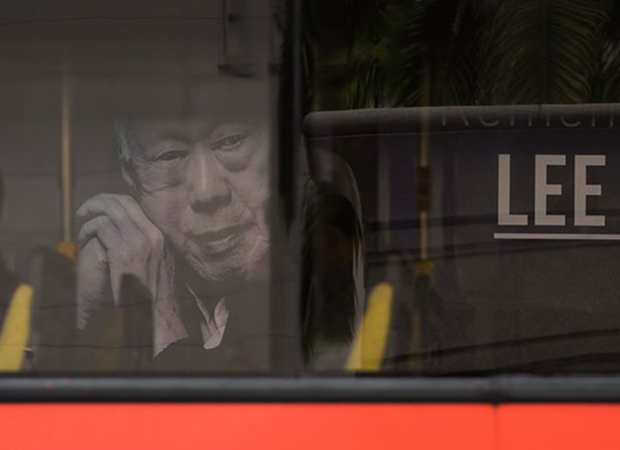
When Lee Kuan Yew, the founding father of Singapore, passed away at the ripe age of 91 on March 23, the elderly statesman was as controversial in death as in life—and...